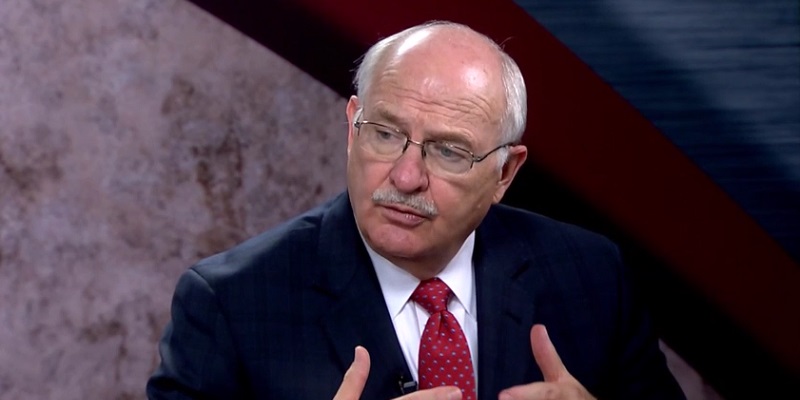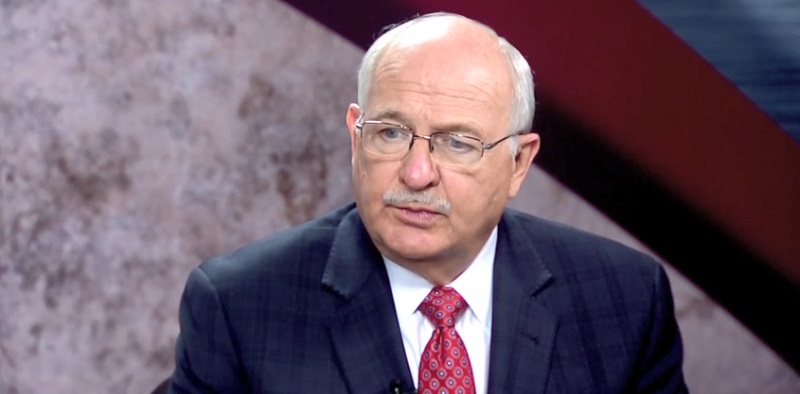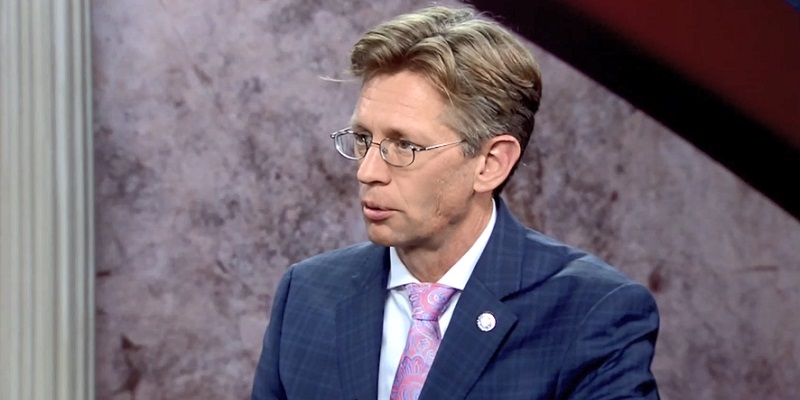During an appearance on Friday’s broadcast of Alabama Public Television’s “Capitol Journal,” State Sen. Del Marsh (R-Anniston) laid out his plan to proceed on a comprehensive gaming bill once the Alabama Legislature returns from spring break on March 30.
Marsh acknowledged one of the hang-ups that led to the failure of his last effort was not making the enabling legislation available, which resulted in the Anniston lawmaker coming up two votes shy of reaching the three-fifths majority required for a constitutional amendment,
That legislation defines the terms of casino gambling, sports gambling, the lottery and the governing infrastructure, among other elements. Marsh says that is no longer the case.
“If you remember, the claim of the defeat was that the enabling legislation that had been introduced had not been timed for people to look into it enough to determine if they like the enabling legislation,” he explained. “So, now that the enabling legislation is introduced. It will have been out there a week by the time we get back. That was the issue with a couple of members, and that’s gone. So we may get back to a more comprehensive bill. But either way, I think the people of Alabama deserve something to make a decision on in November of ’22.”
“[T]he enabling legislation deals with things, for instance, like campaign contributions — what’s allowed and what’s not,” Marsh said. “How the commission works, the rules of the commission. How sports betting would work. That’s the fine print — you said you don’t put it into the Constitution. So, it’s out there. Everybody can see it. It’s on the website. You can look at it, and I look forward to hearing some feedback on that. We can make a decision, and when we get back on, to proceed based on what the people’s appetite is.”
Marsh maintained it continues to be his goal to get something out of the Senate, and he would leave it up to the House and the Governor to determine if they find the Senate bill acceptable.
He also said he regretted not moving on the legislation earlier when he said he thought he had the votes to proceed.
“In an attempt to satisfy as many people as I could and to get a strong bipartisan vote, it was an error on my part,” Marsh added. “I mean, the votes were there early on. I had members come to me and tell me, ‘If I could have voted two weeks before, there’s no doubt I would have supported it. I received certain pressures from home’ Issues come up. So, that is a reality. That is a danger you run the longer you hold out on a piece of legislation. I will tell you this: If there’s any indication that the votes are there when we return from spring break, I will move for immediate passage of whatever piece of legislation is determined can pass by the body.”
Marsh denied his bill gave the Poarch Creek Indians, who have existing gaming facilities in Wetumpka, Montgomery and Atmore, a “monopoly,” adding that if the tribe entered into a compact with the state, negotiated by the Governor, then it would have a “monopoly.”
“There’s been talk about how this whole attempt has been about giving the Indians a monopoly, which couldn’t be further from the truth,” he said. “Actually, if you look at the legislation I proposed — it does everything, in fact, to make sure there is not a monopoly. The Governor at any time can go into a negotiation and start those negotiations with the Indians.”
“The bill that failed last week set up five locations of gaming within the state — only one of which could have been could have been promised to the Indians for compact negotiations,” Marsh added. “So, there were four other facilities that were not Indian-related. As I said — to me, if you’re talking about a monopoly, if no legislation is passed, the Governor tomorrow could go into compact negotiations with the Indians, and if that went through, then, in fact, that is when the Indians would have a monopoly. But the bill does everything, in my opinion, to prevent that from happening.”
@Jeff_Poor is a graduate of Auburn University and the University of South Alabama, the editor of Breitbart TV, a columnist for Mobile’s Lagniappe Weekly, and host of Mobile’s “The Jeff Poor Show” from 9 a.m.-12 p.m. on FM Talk 106.5.













